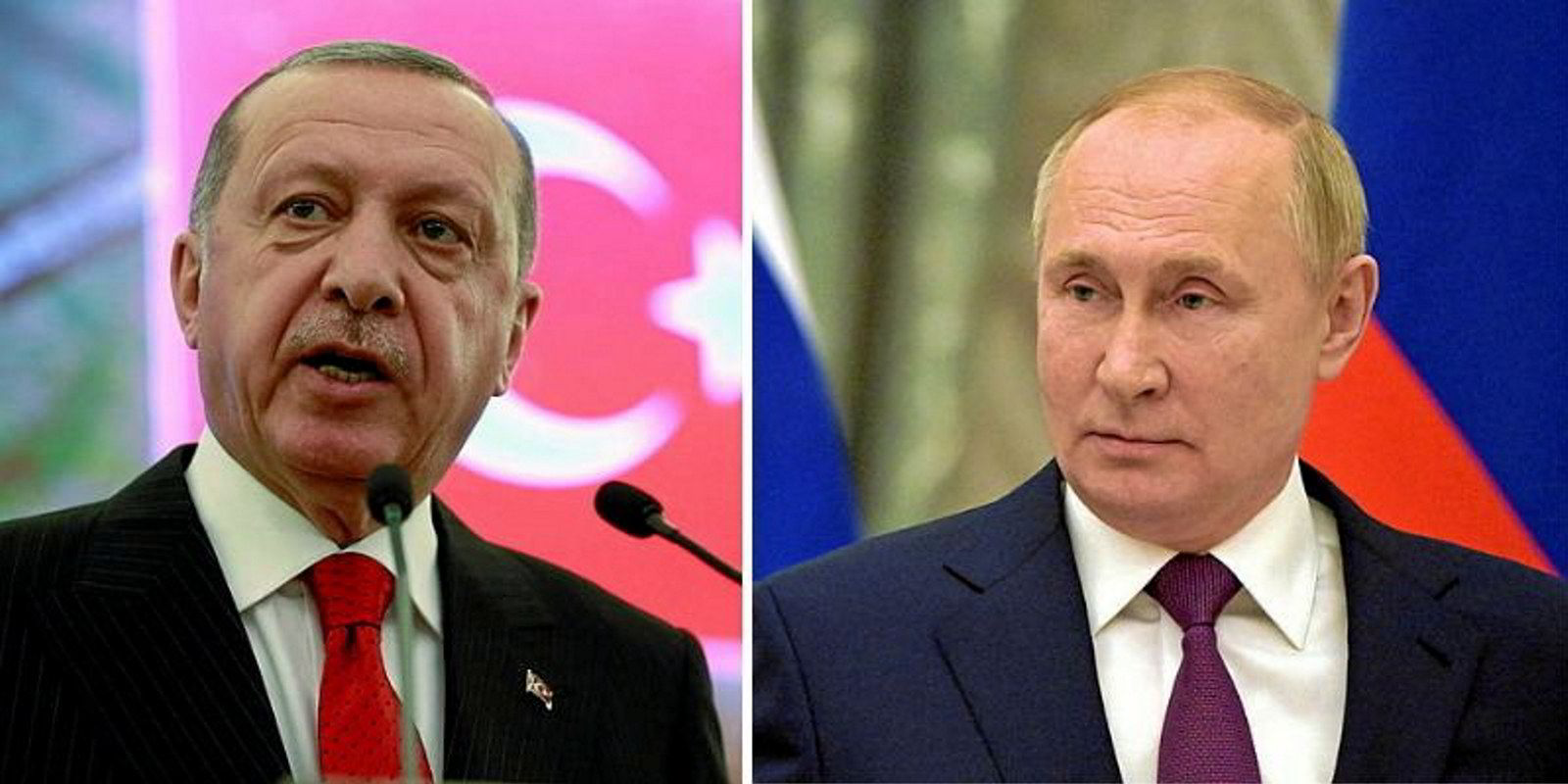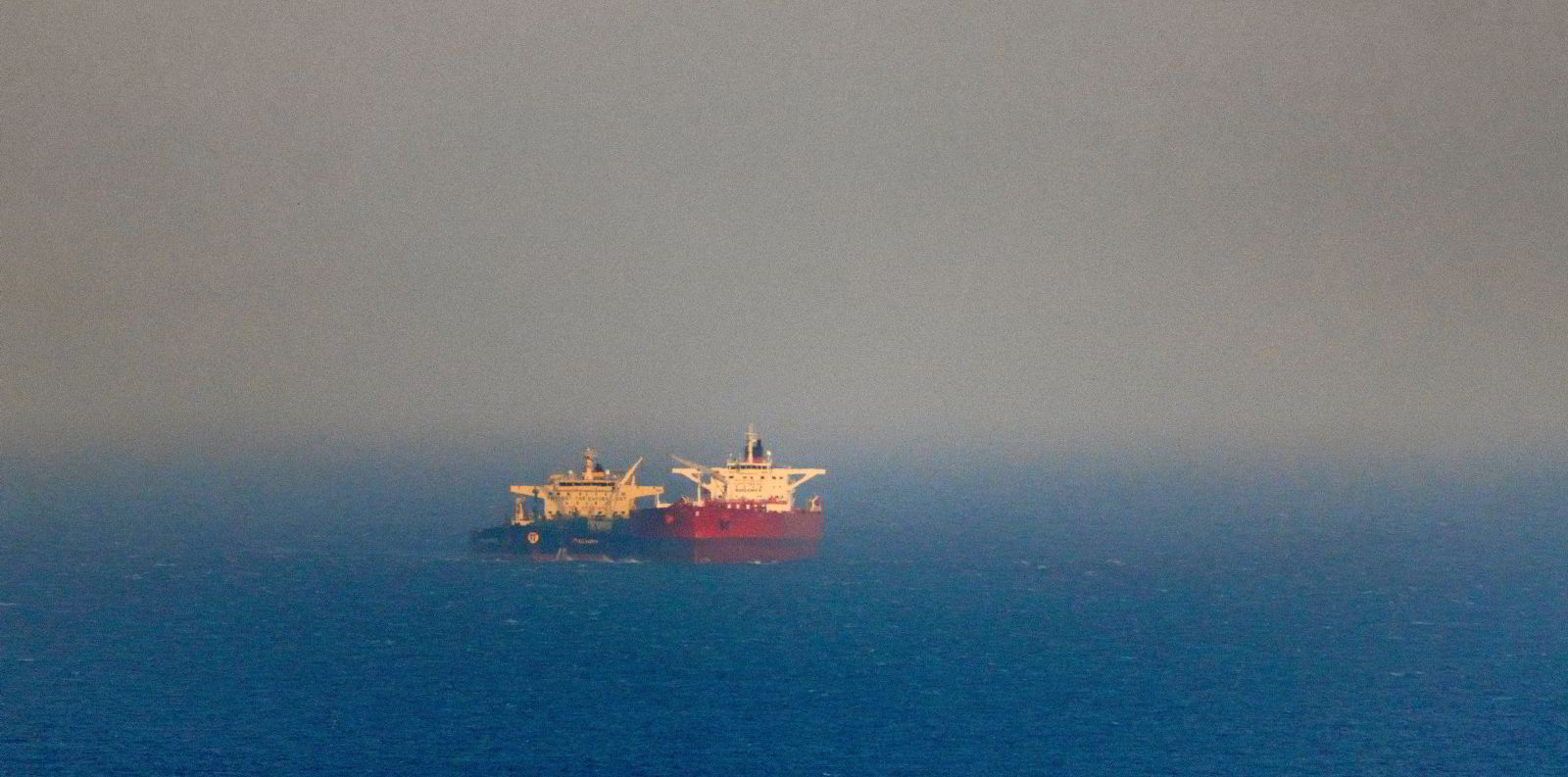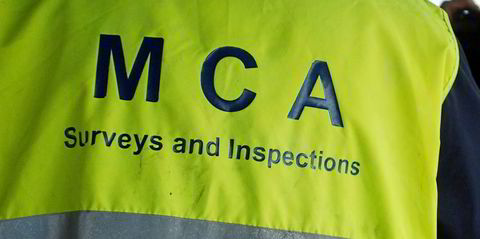A legal expert has tipped Turkey to tighten up on port calls by sanctioned Russian cargo vessels.
The Wall Street Journal has reported that these ships have been regularly calling at Turkish ports since the invasion of Ukraine.
Turkey is the only Nato member that has not sanctioned Russia.
Shipping records show that Russian vessels have made more than 100 calls at ports along Turkey’s coast since May 2022.
Some have undergone repair work or received other services prohibited under the US measures.
Tan Albayrak, international trade & national security lawyer at law firm Reed Smith, said: “It is no secret that the Erdogan government led a foreign policy over the years that focused on strengthening relations with countries in the Middle East and Asia. These policies necessarily led to a drifting away of Turkey from the West.”
And as the economic outlook deteriorated in Turkey, especially since 2018, its economic dependence on Russia grew, in the form of energy investments, tourism and goods trading including wheat, tomatoes and steel.
When war broke out, Turkey was not in a position of leverage to enforce the export controls and sanctions restrictions imposed on Russia, he explained.
“As of recently, there has been an uptick in Russia-related enforcement actions in Turkey, including the inspection of goods that go to/come from Russia.
“However, it remains to be seen whether in his new term, Erdogan would adopt all of the restrictions that have been imposed on Russia,” the lawyer added.
Tightrope walking
Albayrak said Turkey has been walking a tightrope as a mediator, as illustrated by the Black Sea Grain Initiative.
And before the war, Turkey exported drones to Ukraine, proving that the government cannot be said to have a pro-Russia stance, he added.
The lawyer argues that, given its strategic geopolitical location, it may not be possible for Turkey to sustain strong relations both with the West and Russia, particularly as there is a growing focus on anti-circumvention in the region.
Albayrak pointed to the example of the US Office for Foreign Assets Control (Ofac) sanctioning a large number of businesses in Cyprus and Turkey for enabling prohibited Russia-related trade.
Circumvention is unfortunately a widespread issue, he said.
“Even certain EU member states themselves are alleged to take a soft stance when it comes to, for example, the implementation of the EU embargo on Russian oil, likewise drawing US ire,” Albayrak added.
“If all sanctions regimes are able to maintain robust enforcement internally, this would further incentivise third jurisdictions like Turkey or the UAE to ramp up their own domestic laws vis-a-vis Russia,” the Reed Smith expert said.
He argues the Erdogan government already has the economic motive to adopt and enforce the export controls and sanctions restrictions on Russia.
But he added: “For it to be brought there politically as well, Turkey’s unique role must be recognised and expectations should be managed accordingly.”
“Ultimately, in the period leading up to the 2024 elections, appealing to Western investment, Turkey will likely adopt a trend of further enforcement against Russia, albeit incrementally than overnight,” the lawyer said.






